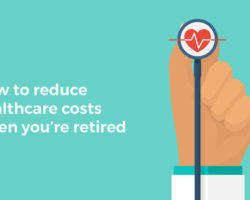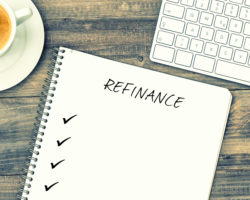Thanks to today’s low interest rates, refinancing has now become all the rage. In spite of this, however, there are still some that don’t fully understand how the process works. This article will answer eight of the most frequently asked questions about refinancing, to give a helping hand to those in need of more information.
1. Do I need a lot of equity in my home in order to refinance?
Although it’s important to have equity in your home, it’s not always necessary if you want to refinance. You should talk to your lender about your intentions. They might be open to discussing refinance terms even if the value of your home has declined, since they’re already at risk for the amount you owe. And there are always government programs such as the Home Affordable Refinance Program. HARP allows you to refinance even if your mortgage is underwater. If you have a loan owned by either Freddie Mac or Fannie Mae, you might qualify for it.
2. Should I refinance if mortgage rates drop?
Mortgage rates go up and down all the time. This might surprise you, but not every drop in rates means that it’s a good time to refinance. Your mortgage can also include closing costs and early repayment penalties, so refinancing can actually end up costing you money if you’re not careful. Always do your research before refinancing!
3. What are the best reasons for refinancing?
Lowering your monthly payments is one of the best and best known reasons to refinance, but there are many others as well. You can also choose a loan that better suits your needs, either one with a shorter term, or one with a longer term. Also, you can go from an adjustable-rate loan to one with a fixed-rate, you can improve cash flow or just consolidate debt.
4. Is lowering the interest rate the only way to reduce my monthly payments?
Don’t bet on interest rates if you want to reduce your monthly payments. Rates can go down, but they can also go up. Fortunately, there are other ways to lower your monthly expenses, such as lengthening out the remaining term of your mortgage. This way, you stretch your balance over a longer period of time. It might end up costing you more in the long run, but it will also reduce your monthly stress levels.
5. Are there any downsides to reducing your monthly payments.
We’ve already explained above that lowering your monthly payments by lengthening the term of your mortgage can end up costing you more in the end. But there’s also the closing costs that you have to take into account and you should know that, by stretching your loan, you will also build up equity more slowly.
6. Should I refinance if I plan to sell my house any time soon?
Refinancing if you want to sell your home in the near future may just not be cost-effective. The key here is the break even point. You need to look at how much it will cost you to refinance and how much you can save each month, then calculate how long it will take you to pay off those costs. If you plan to sell before that, refinancing may not make much financial sense.
7. Should I select the lender with the lowest advertised rates?
Lenders always advertise their lowest rates, but these only apply to those homeowners with a significant amount of home equity and excellent credit. Don’t rush into things. Do your research and compare rate quotes specific to your situation.
8. Can I refinance as often as I want?
Although there is no limitation to how frequently you can refinance your home, you should only do so if it makes financial sense.










